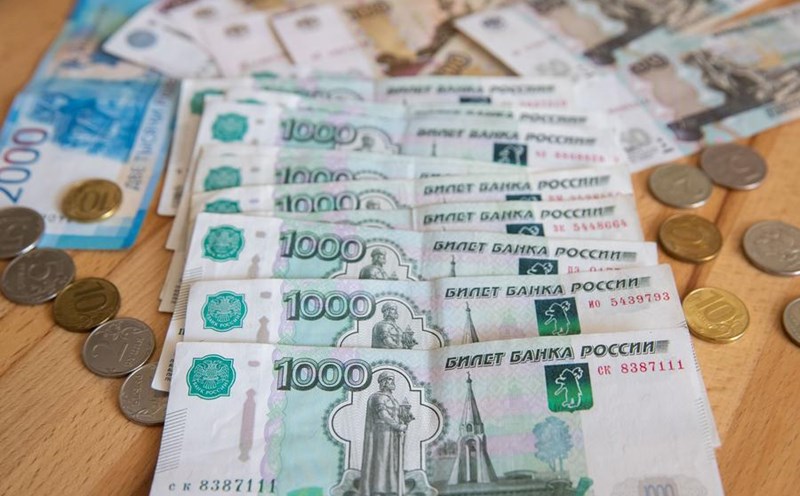According to four European diplomatic sources after the July 13 meeting, all the contents of the new sanctions package have reached consensus, except for a technical reserve from a member country, which is likely related to Slovakias concerns about cutting Russian gas.
The EU countries are expected to reach a full agreement on 14 July, ahead of the EU Foreign Ministers' Meeting in Brussels on 15 July.
An important new point in this package of sanctions is the flexible price ceiling mechanism. Instead of fixing it to $60/barrel as before, the European Commission proposed a ceiling that fluctuates across the market, specifically always 15% lower than the average global oil price in the previous 3 months.
An EU official said that with the average Russian oil price over the past 22 weeks, the new starting price ceiling will fall to around $47/barrel. However, instead of updating every 3 months as originally proposed, the ceiling will be adjusted every 6 months.
The price ceiling is part of a sanctions mechanism adopted by the G7 in December 2022, aiming to limit Russia's energy revenue for the war in Ukraine.
Accordingly, all transactions of transporting Russian oil by sea will be banned if they exceed the ceiling. Insurance, transportation, and reinsurance companies from the West are also prohibited from participating if the transaction price is higher than the prescribed threshold.
Slovakia - a country heavily dependent on Russian gas - is the only country that still holds reserves, requesting the European Commission to provide clearer guarantees on the roadmap for gas cuts. However, sources confirmed that Bratislava has not objected to the new oil price ceiling, showing that the consensus is gradually taking shape.
According to the regulations, all EU sanctions require the absolute consent of all 27 member states.
In addition to the price ceiling adjustment, the 18th package of sanctions also includes an expanded list of targeted entities and individuals. Notably, there is a Russian-owned refinery in India, two Chinese banks and a civil status registration agency for ships - which are said to serve the "dark air" fleet carrying Russian oil.











